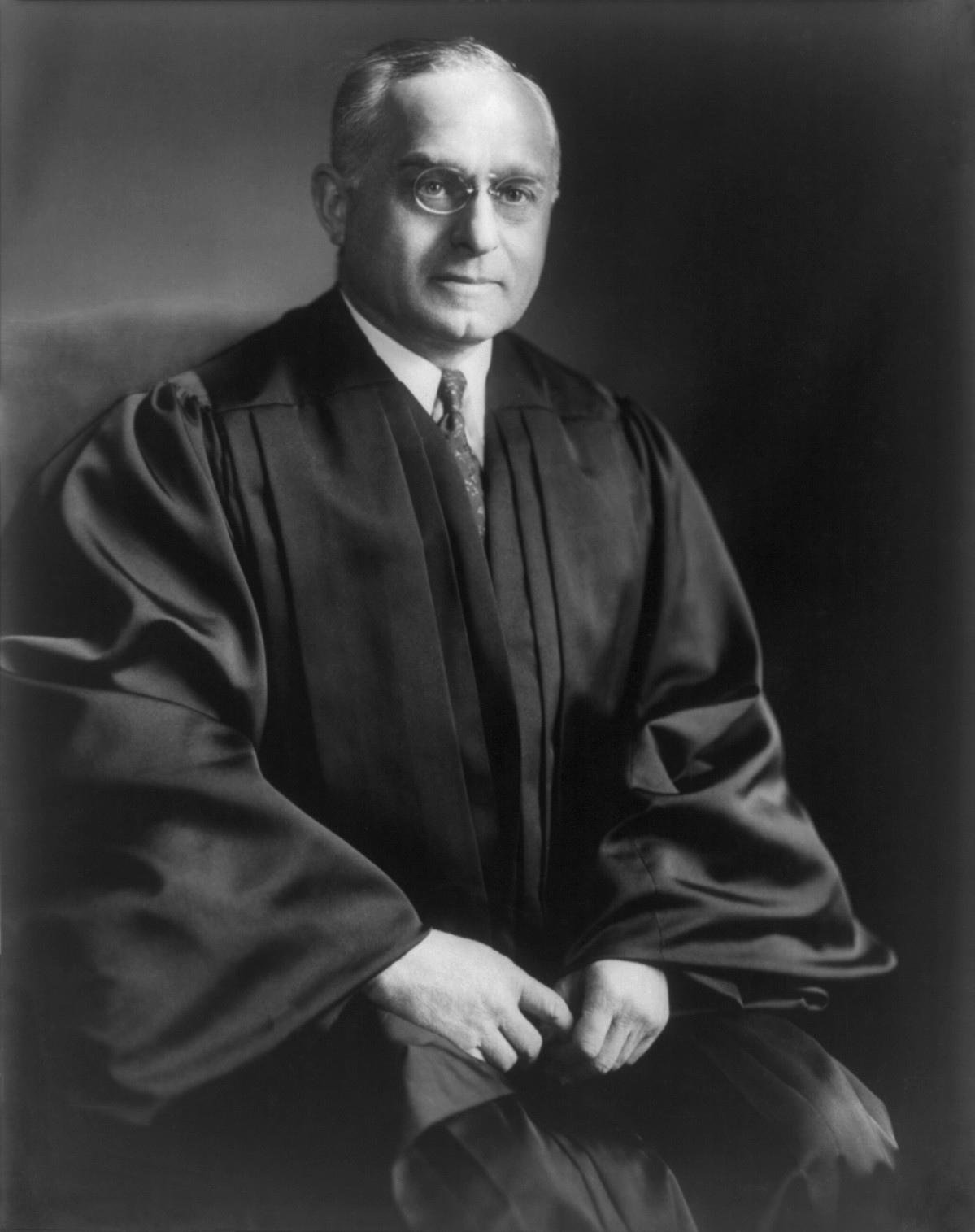On Oliver Wendell Holmes, Jr. and Ralph Waldo Emerson, p. 59.
Other writings, Felix Frankfurter Reminisces (1960)
Felix Frankfurter: Frases em inglês
Twenty Years of Mr. Justice Holmes' Constitutional Opinions, 36 HARV. L. REV. 909, 931 (1923).
Other writings
Concurring, Tiller v. Atlantic Coast Line Railroad Co., 318 U.S. 54 (1943).
Judicial opinions
“After all, this is the Nation's ultimate judicial tribunal, nor a super-legal-aid bureau.”
Dissent, Uveges v. Pennsylvania, 335 U.S. 437 (1948).
Judicial opinions
“The most constructive way of resolving conflicts is to avoid them.”
Concurring, Western Pacific Railroad Corp. v. Western Pacific Railroad Co., 345 U.S. 247, 270 (1953).
Judicial opinions
The Supreme Court, vol. 3, no. 1, Parliamentary Affairs (London, Winter 1949).
Other writings
Craig v. Harney, 331 U.S. 367, 392 (1947).
Judicial opinions
“The history of liberty has largely been the history of the observance of procedural safeguards.”
Writing for the court, McNabb v. United States, 318 U.S. 332 (1943).
Judicial opinions
Dissenting, West Virginia State Board of Education v. Barnett, 319 U.S. 624, 642 (1943).
Judicial opinions
Alleghany Corp. v. Breswick & Co., 353 U.S. 151, 170 (1957).
Judicial opinions
“Morals are three-quarters manners.”
Fonte: Other writings, Felix Frankfurter Reminisces (1960), P. 12. In the interview, Phillips quotes the line to Frankfurter from a letter written by the Justice, and Frankfurter attributes the phrase to a friend named Matthew Arnold.
Quoted by Garson Kanin in Atlantic (March 1964).
Other writings
Fonte: Other writings, Felix Frankfurter Reminisces (1960), P. 189.
Holmes said, "That was the second great lesson — humility."
Fonte: Other writings, Felix Frankfurter Reminisces (1960), P. 59.
Frank v. Maryland, 359 U.S. 360, 372 (1959); majority opinion in 5-4 ruling that allowed health inspectors to enter a private home without a search warrant (May 4, 1959).
Judicial opinions
“In this Court dissents have gradually become majority opinions.”
Concurring, Graves v. New York ex rel. O'Keefe, 306 U.S. 446 (1939).
Judicial opinions
“Decisions of this Court do not have intrinsic authority.”
Adamson v. California, 332 U.S. 46, 59 (1947).
Judicial opinions
“No court can make time stand still.”
Writing for the court, Scripps-Howard Radio, Inc. v. FCC, 316 U.S. 4 (1942).
Judicial opinions
New York Times (November 28, 1954).
Judicial opinions
United States v. Rabinowitz, 339 U.S. 56, 69 (1950).
Judicial opinions
Concurring, Cooper v. Aaron, 358 U.S. 1 (1958).
Judicial opinions
Concurring, Graves v. New York ex rel. O'Keefe, 306 U.S. 446 (1939).
Judicial opinions
“In law also the emphasis makes the song.”
Bethlehem Steel Co. v. New York State Labor Relations Board 330 U.S. 767, 780 (1947).
Judicial opinions
Dissenting, Baker v. Carr, 369 U.S. 186 (1962).
Judicial opinions
Dissenting, West Virginia State Board of Education v. Barnett, 319 U.S. 624 (1943).
Judicial opinions
Nashville, Chattanooga & St. Louis Railway. v. Browning, 310 U.S. 362, 369 (1940).
Judicial opinions
“Appeal must be to an informed, civically militant electorate.”
Dissenting, Baker v. Carr, 369 U.S. 186, 270 (1962).
Judicial opinions
"'The Administrative Side' of Chief Justice Hughes", 63 Harvard Law Review 1, 2 (1949).
Other writings
“If nowhere else, in the relation between Church and State, "good fences make good neighbors."”
McCollum v. Board of Education, 333 U.S. 203, 232 (1948).
Judicial opinions
